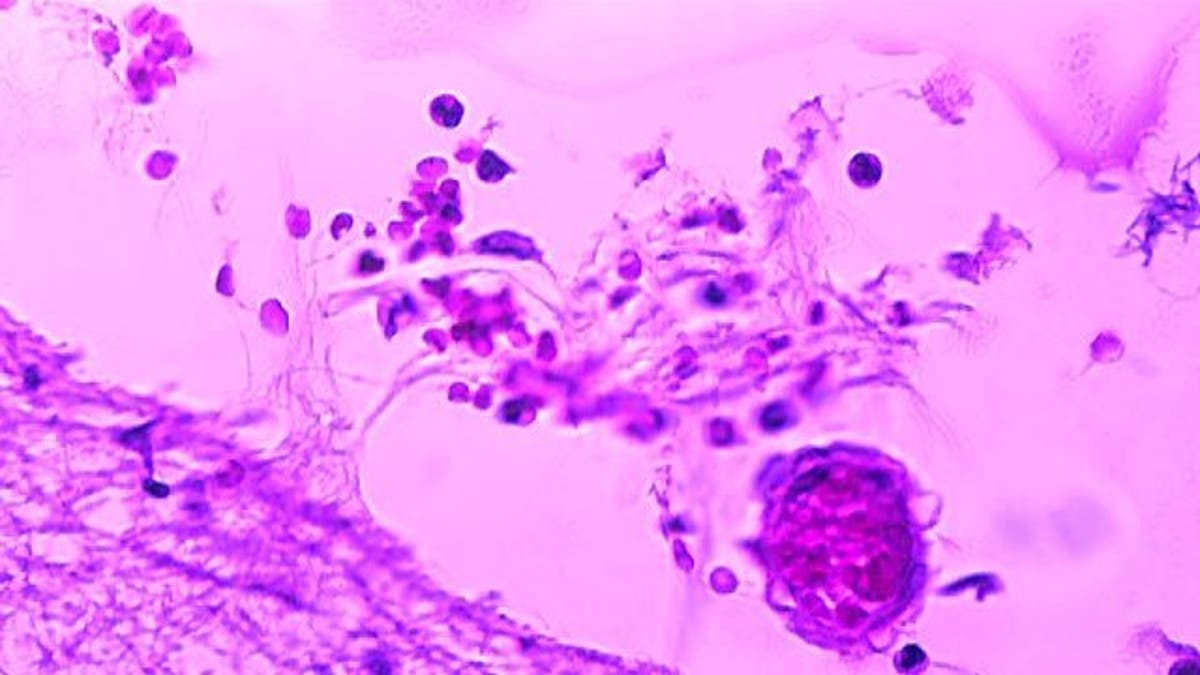
Authorities fired the director of the Massachusetts Board of Pharmacy after he failed to investigate a complaint against New England Compounding Center, the company at the center of a deadly U.S. meningitis outbreak, state officials said on Wednesday.
NECC is linked to a meningitis outbreak that has infected more than 400 people and caused 31 deaths.
Massachusetts officials said they uncovered a complaint against NECC by Colorado pharmacy regulators just months before the outbreak. The complaint, which said NECC was distributing drugs without patient-specific prescriptions, was forwarded on July 26 to James Coffey, director of the Massachusetts pharmacy board.
Coffey failed to order an investigation or take any other action on the Colorado complaint, the Massachusetts Department of Public Health's interim commissioner, Dr. Lauren Smith, said in a statement.
In the years before the outbreak, NECC escaped harsh punishment from the Massachusetts pharmacy board, raising questions about oversight of the customized drug mixing industry, state records released last month show.
Smith said Coffey has been terminated and the pharmacy board's counsel, Susan Manning, has been placed on administrative leave pending the final conclusions of the investigation.
"It is incomprehensible that Mr. Coffey and Ms. Manning did not act on the Colorado complaint given NECC's past, and their responsibility to investigate complaints," Smith said in a statement. "Following the outbreak, staff also failed to disclose the existence of Colorado's complaint to leadership at" the Department of Public Health.
Coffey was not immediately available for comment.
The Colorado State Board of Pharmacy shared information that showed NECC had distributed many drugs to many hospitals in Colorado between 2010 and 2012, but without patient-specific prescriptions. That was a violation of NECC's Colorado and Massachusetts licenses, according to Smith's statement. NECC was not immediately available for comment.
In 2011, during a routine inspection, Colorado inspectors found that NECC had participated in the unregistered/unlicensed distribution of prescription drugs in Colorado. As a result, Colorado issued a cease-and-desist order against NECC in April 2011.
"I find the actions of NECC reprehensible," Smith said in the statement. "We have the right to expect that all companies producing medication for use in delivering health care to comply with laws designed to protect patient safety. But I also expect the staff charged with oversight to perform their duties to the highest standards. That failed to happen here."
